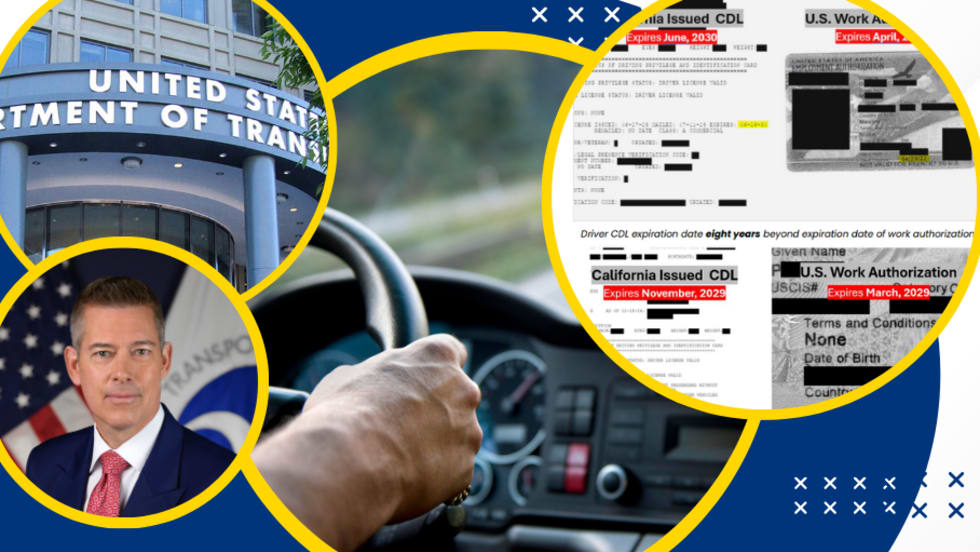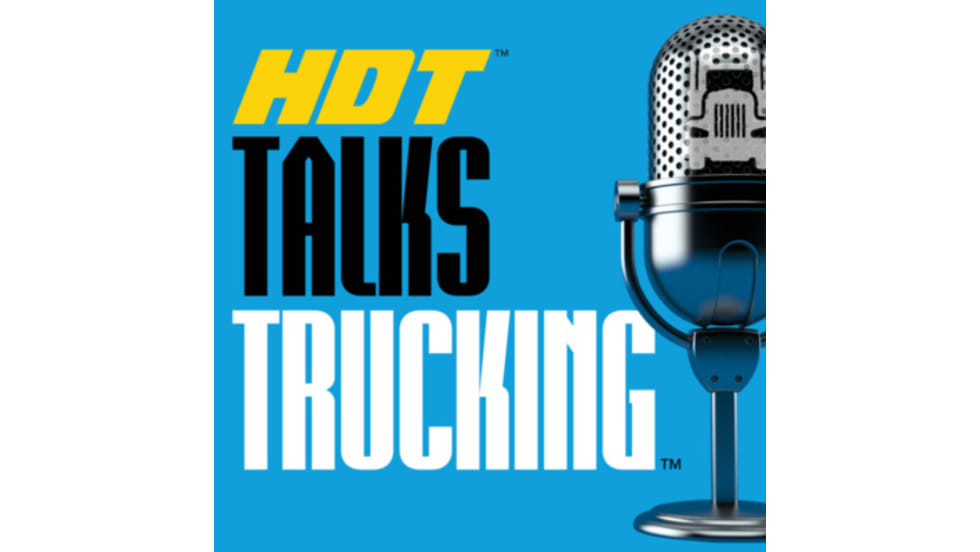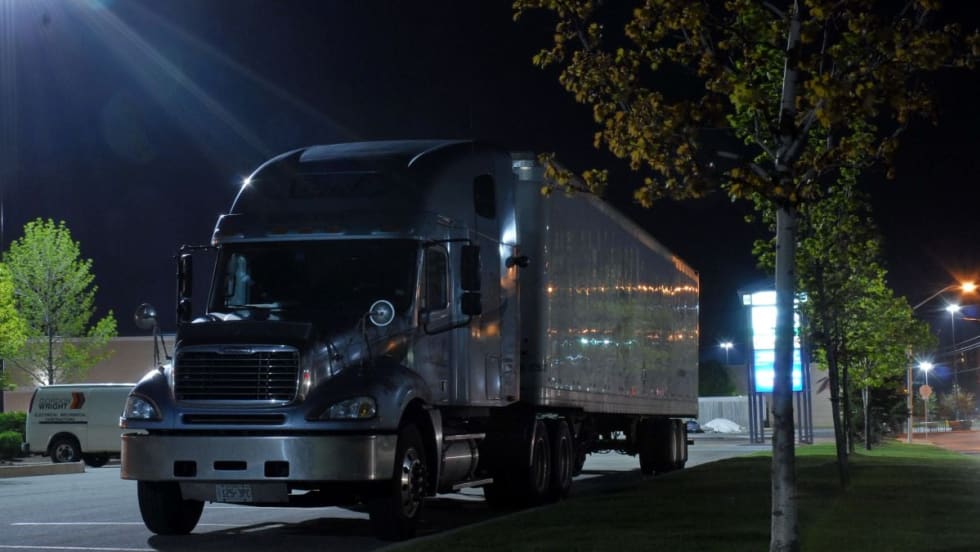“The driver shortage is over,” proclaimed Tim Denoyer, a senior analyst at ACT Research, discussing how the freight market pendulum appears to be swinging back toward a looser capacity situation.
Sorry, but I don’t think it’s that easy. Yes, a downturn would ease the pressure to find and keep drivers — but only temporarily. There are structural issues with how the industry treats drivers that need to be addressed.
Walmart made national headlines recently when it announced that its drivers can now make up to $110,000 in their first year. And if you read about aifleet, you'll learn about a new kind of trucking company that’s paying its drivers $70,000 in minimum salary, plus a hefty bonus program based on productivity.
But it’s not always about the money. Truck drivers want to be treated with respect. They want to be home more often, and they want to get back home safely. Like workers in many other industries over the past couple of years, many drivers have decided they are sick and tired of putting up with bad job conditions and abuse from managers.
Yet it appears the supply chain crisis and the driver shortage have led to worse job conditions rather than better, if coercion complaints are any measure. It looks like more companies are pushing their drivers to bend or break federal safety rules in order to meet freight demand. (Or maybe there are more drivers who are sick enough of it to actually file a complaint when they hadn’t before.)
According to published reports, if the rate at which drivers are filing federal coercion complaints in the first four months of 2022 holds, we’ll hit 1,800 or more by the end of the year — which would be the most coercion complaints since the Federal Motor Carrier Safety Administration started the program in 2016.
The coercion rule came about because in developing the electronic logging device mandate, FMCSA heard from drivers concerned that ELDs would lead to this type of abuse.
In announcing the coercion rule in 2015, the agency said it heard from drivers who reported “being pressured to violate safety regulations with implicit or explicit threats of job termination, denial of subsequent trips or loads, reduced pay, forfeiture of favorable work hours or transportation jobs, or other direct retaliations.”
Some of the FMCSA regulations drivers reported being coerced into violating included hours-of-service limits, commercial driver’s license requirements, drug and alcohol testing, and others. As an example of coercion, the agency cites a motor carrier terminating a driver for refusing to accept a load that would require violating hours-of-service requirements.
This is what happens when motor carriers view drivers as a disposable commodity whose well-being and happiness are far down a priority list that’s headed by customer demands and revenue.
More than once over the past year I’ve heard fleet executives tell audiences at conventions that it’s time to stop talking about the driver shortage and do something about it. In fact, outside of a couple of recessions, we’ve been talking about driver shortages the entire three decades I’ve been covering this industry.
Yet I’ve also talked to fleets over the years that do not have a driver turnover problem. So it’s not inevitable.
The driver shortage isn’t going away. If the economy slows down, the problem will ease. But it’ll just come roaring back.
If you have problems hiring and keeping drivers, take a good, hard look at your operations and explore ways you can reinvent the driver’s job. The best ways to do that will be different for every fleet. What they will all have in common is a company culture where drivers are just as important as customers. And that’s not happening if anyone at your company is coercing drivers.
This editorial commentary first appeared in the June 2022 issue of Heavy Duty Trucking.












